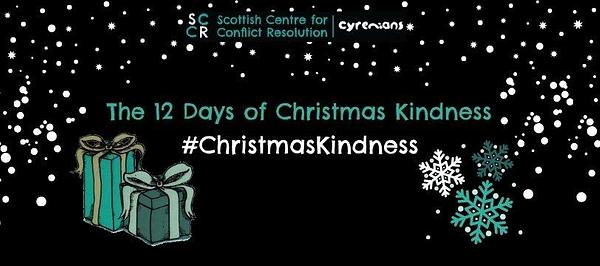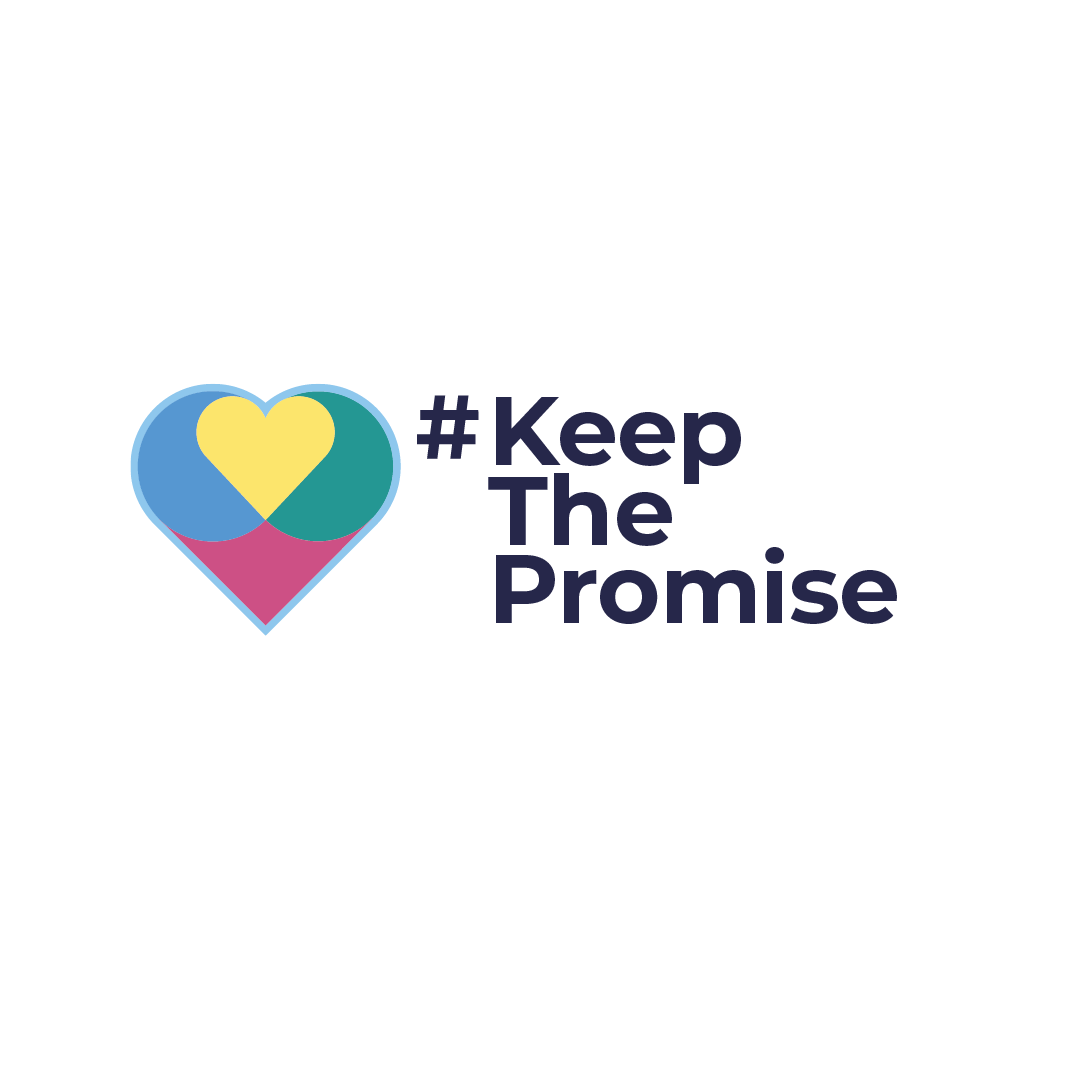This is your permission to feel
15 Dec 2020 By Sarah Philp, Psychologist, Coach and Educator

How are you?
A question we hear often, a question we ask often.
However, we rarely seek, expect or offer an honest answer. The common responses are ‘fine’, ‘OK’ or ‘busy’. These are our stock responses.
Pause for a moment and ask yourself ‘how am I feeling right now, in this moment?’ Be curious…
We all have emotions all of the time, they are in fact what make us human. Our emotions can be messy, confusing and let’s face it, just plain inconvenient. They can feel overwhelming and beyond our control. We tend to think of our emotions as either positive or negative. In reality they are neither, they are information.
All emotions are information. With that in mind, what are your emotions telling you at the moment?
Try to approach your emotions with curiosity rather than judgement. Do you ever tell yourself things like ’I shouldn’t feel this way’ or ‘others have it worse than me’ I know I do this, I’m aware of doing it and I try to let it go. Judgements lead us to try and push away or bury how we feel and the trouble with this is that it means we don’t deal with them and they come back bigger, louder and messier. Adopting a curious approach enables us to better understand our emotions, where they come from and how we can move through them.
What might be contributing to whatever it is you are feeling at the moment?
Understanding and insight into our emotions puts us in the driving seat. When we can talk about our emotions it reduces the emotional charge they have. This nurtures our sense of wholeness. It also increases our capacity for thinking, decision making and creativity.
Sometimes these questions might be hard to answer, messy and uncomfortable. As I said before, try not to judge yourself but lean in with curiosity and give yourself or others time to unpick and explore.
Key to our ability to master our emotions is our capacity for self – care. Self – care is one of those things that can be easily misunderstood and even superficial. Personally, I’ve struggled with the concept and indeed the practice over the years. I came across a definition of self – care that really helped me and I offer it to you now too, perhaps it will resonate:
“Learning self-care is like building your own lifeboat, plank by plank. Once you’ve got your boat, you’ll still be rocked by the waves of life, but you’ll have a feeling of safety, and a stability that means you can pick other people up on your way” – Nadia Narain and Katia Narain Phillip
What I love about this is the idea that step by step (or plank by plank) we can rebuild and maintain our own resourcefulness and resilience. This isn’t a ‘one and done’ event, it’s a process. It’s important to remember that self – care can also mean doing the hard stuff, it’s not all bubble baths and candles (although I do enjoy both of those). I love that this definition also acknowledges that we are still going to be ‘rocked by the waves of life’ but practicing self – care gives us the capacity to handle it and to move through it. Lastly, it connects our capacity for self – care to our relationships with others, when we are fully resourced we are better able to support others.
Kindness and compassion towards others are fuelled and sustained by kindness and compassion towards ourselves.
I invite you to take some time to reflect on what energises and nourishes you. With this awareness how might you bring more of that into your life, your work and your relationships?
This is your permission to feel. This is a process, this is a way of life.





